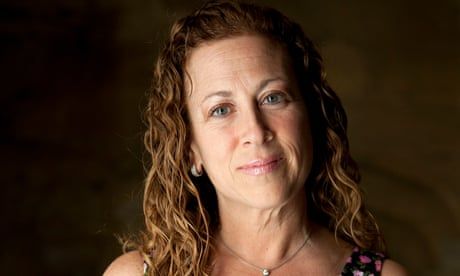
Through a modern playwright and a Tudor figure, the bestselling American author creates a dual narrative about the erasure of women’s creativity
In 2010, the bestselling American novelist Jodi Picoult complained that her work was suffering from sexism. Her 30 novels address weighty subjects from gay rights to gun control, and if they were written by an author such as Jonathan Franzen or Jeffrey Eugenides, she believed they would not be perceived as beach reads.
Picoult’s gripe has culminated in By Any Other Name, a novel in which Emilia Bassano, first proposed by the historian AL Rowse as the mysterious Dark Lady, is not Shakespeare’s mistress but the author of Shakespeare’s work. Virginia Woolf wrote an essay imagining the dismal fate of Shakespeare’s sister, whose “genius was for fiction and [who] lusted to feed abundantly upon the lives of men and women and the study of their ways”, but imagining that the Bard might have been a woman, as opposed to a bisexual man, would challenge any author.
Continue reading...